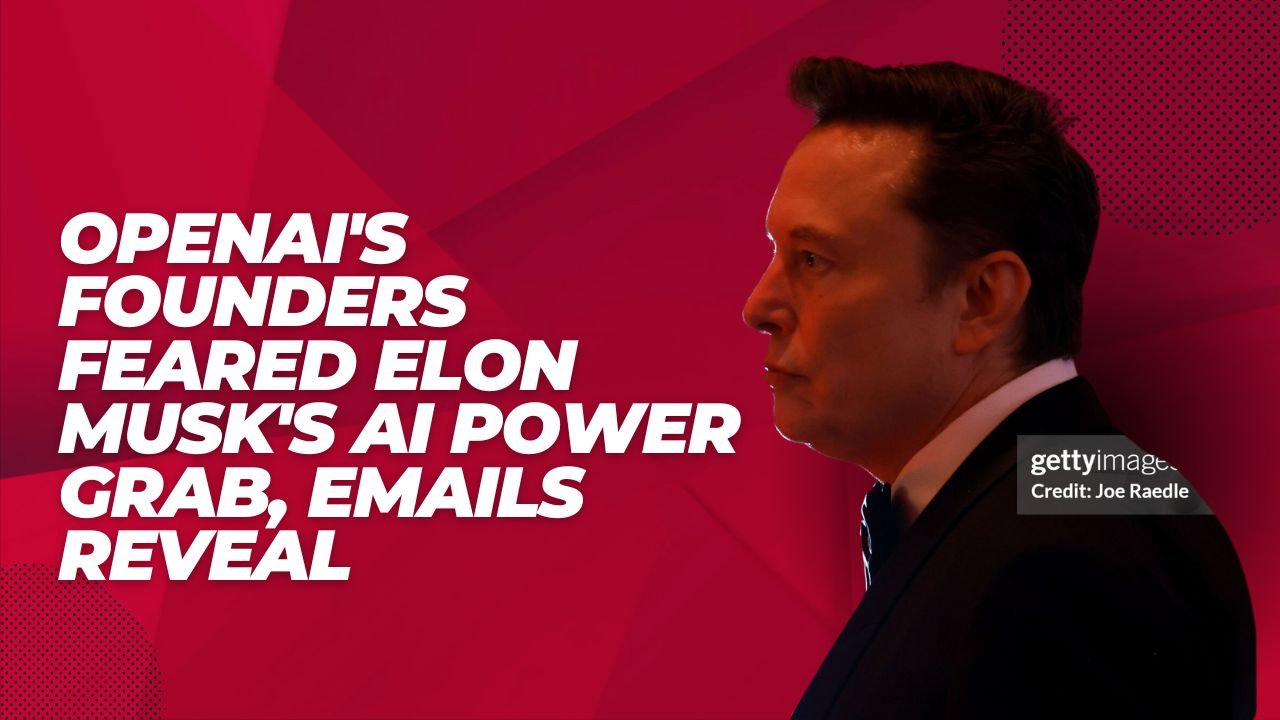Early OpenAI co-founders Ilya Sutskever and Greg Brockman exposed deep-seated concerns about Elon Musk’s potential to create an “AGI dictatorship” – a revelatory glimpse into the complex power dynamics that shaped the artificial intelligence company’s tumultuous beginnings.
The Seeds of Conflict
The newly surfaced emails paint a picture of intense internal deliberation about leadership and control in the nascent stages of OpenAI. Sutskever and Brockman were particularly alarmed by the prospect of Musk obtaining “unilateral absolute control over the AGI” (Artificial General Intelligence), a scenario they viewed as a significant ethical and strategic risk.
Their concerns were not merely theoretical. The founders explicitly worked to create a organizational structure that would prevent any single individual from monopolizing control over potentially world-changing artificial intelligence technology.
A Pattern of Power Anxiety
Interestingly, the power concerns were not one-sided. Musk himself had previously expressed anxieties about AI governance, particularly regarding DeepMind’s potential to create an “AGI dictatorship.” This mutual recognition of AI’s transformative power underscored the high-stakes environment in which OpenAI was developing.
Leadership Battles and Philosophical Differences
The internal emails revealed more than just technological concerns. They exposed significant disputes about leadership roles, particularly surrounding Sam Altman’s aspirations to become CEO. Brockman and Sutskever critically examined Altman’s motivations, questioning his judgment and the potential implications of his leadership.
Musk’s response to these internal tensions was ultimately to launch his own AI venture, xAI, in 2023. Positioning the new company as “truth-seeking” and aligned with humanity’s values, Musk seemingly sought to create an alternative path in AI development.
Broader Implications
The revealed communications offer a rare behind-the-scenes look at the philosophical and strategic debates driving AI innovation. They highlight the ongoing challenges of governing transformative technologies and the complex interpersonal dynamics among tech visionaries.
Critics argue that Musk’s approach to AI development – characterized by rapid advancement and calls for reduced regulation – might paradoxically increase the risks associated with powerful AI systems.
Conclusion
The OpenAI emails serve as a crucial reminder that the development of artificial intelligence is not just a technological challenge, but a profound ethical and governance issue. As AI continues to evolve, the debates sparked by Sutskever, Brockman, and Musk will likely resonate for years to come.
The story underscores a critical question: In an era of unprecedented technological potential, who should have the ultimate control over technologies that could reshape human civilization?

